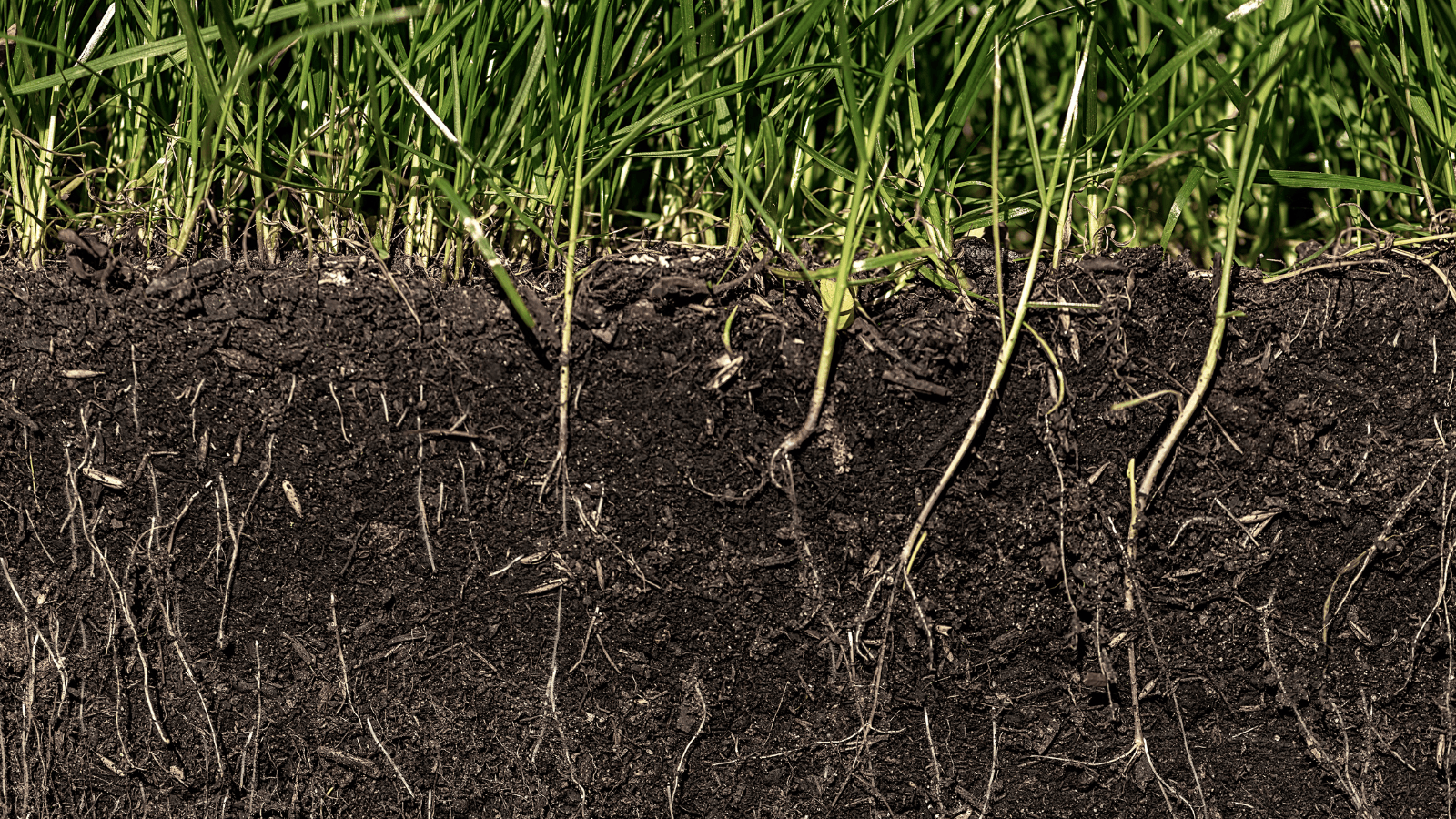
Farming is one of the oldest and noblest professions. Every year farmers invest time and money to plant and care for a crop to feed both humans and animals. Each year they hope and pray that the weather and markets reward them for their work while providing food for our world. In the past couple of decades we’ve had extreme weather events that have challenged our farmers in being able to raise a crop. These changes in weather–droughts in some years, flooding in others, sometimes both within the same year– have made it difficult to be able to plant and/or harvest crops.
The processes farmers go through to produce crops have varied effects on the soil and water quality in our communities. There are new and emerging farming practices that allow farmers to raise crops with minimal negative impact to soil and water quality. God created an incredible biological system in our farm fields, one filled with living organisms like bacteria, fungi, earthworms and plant roots. Soil health practices such as cover crops, no till and strip till provide habitats for these organisms and an environment that allows them to thrive. The less we till and the more we preserve living roots in the soil, the better our soil structure becomes. This leads to increased water holding capacity, less commercial fertilizer use, less weed pressure and thus less chemical needs, as well as decreased erosion and an increase in stored carbon. These same soil health practices provide increased soil resilience in the face of extreme weather events, allowing for successful and profitable crop production.
We as a Soil and Water Conservation District have the desire and responsibility to encourage and help farmers to adopt these soil health practices in their farming operations. As I learn more about how soil biology supports and works together with growing plants I realize how adopting these soil health practices help us to be better stewards of our world. God has given us some very productive soils in the Midwest and I feel we have a responsibility to improve our farming methods to protect our soil and water. Change comes slowly but if we provide the assistance and financial support to encourage and support farmers in making these transitions, we will be executing a very important mission.
The majority of farmers care about soil and water quality and want to leave the soil and water in better condition than when they started farming. Most want to leave a legacy of being a good steward of our gifts, of being a farmer who improved their soil for future generations. For these reasons, we continue helping farmers to improve their farming operations and protect the environment and God’s creation.
Doug Bos is the Assistant Director of the Rock County Soil & Water Conservation District under the Land Management Office, located in Luverne, MN.






